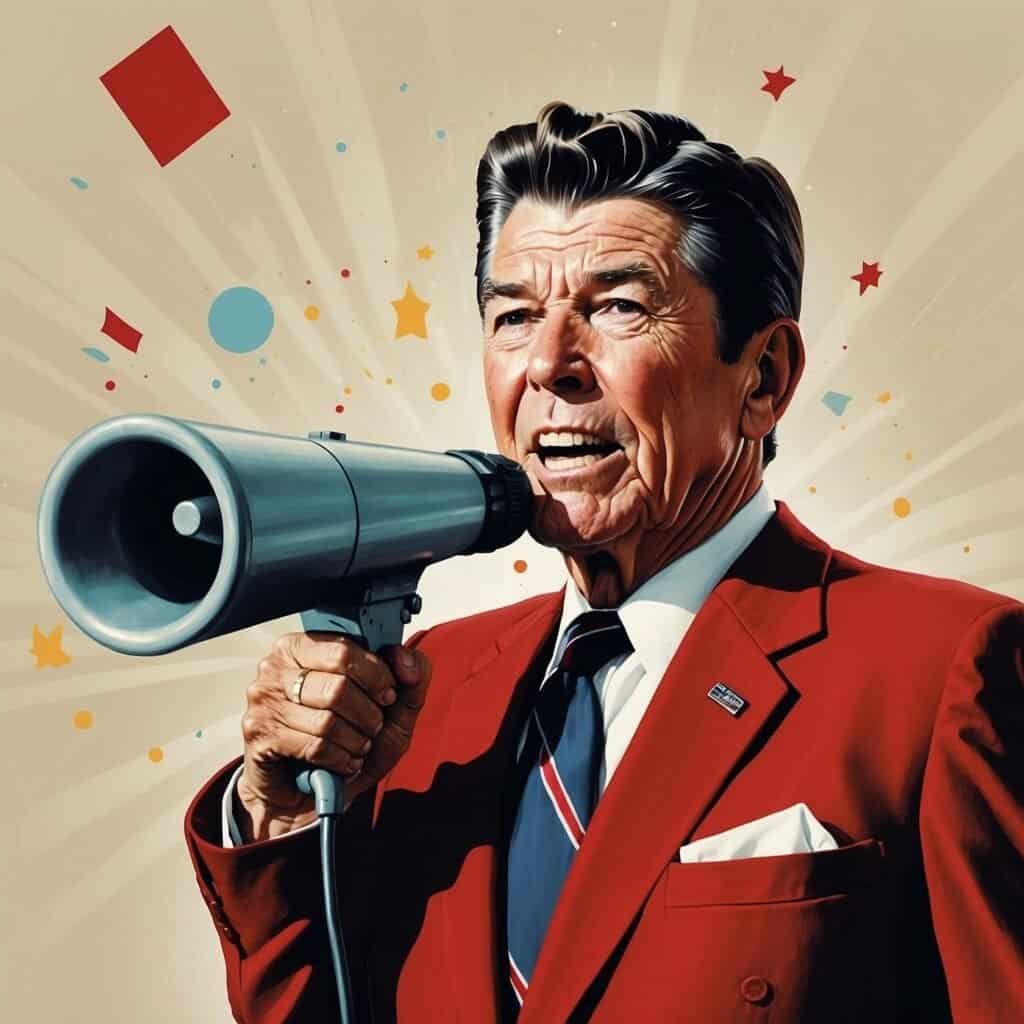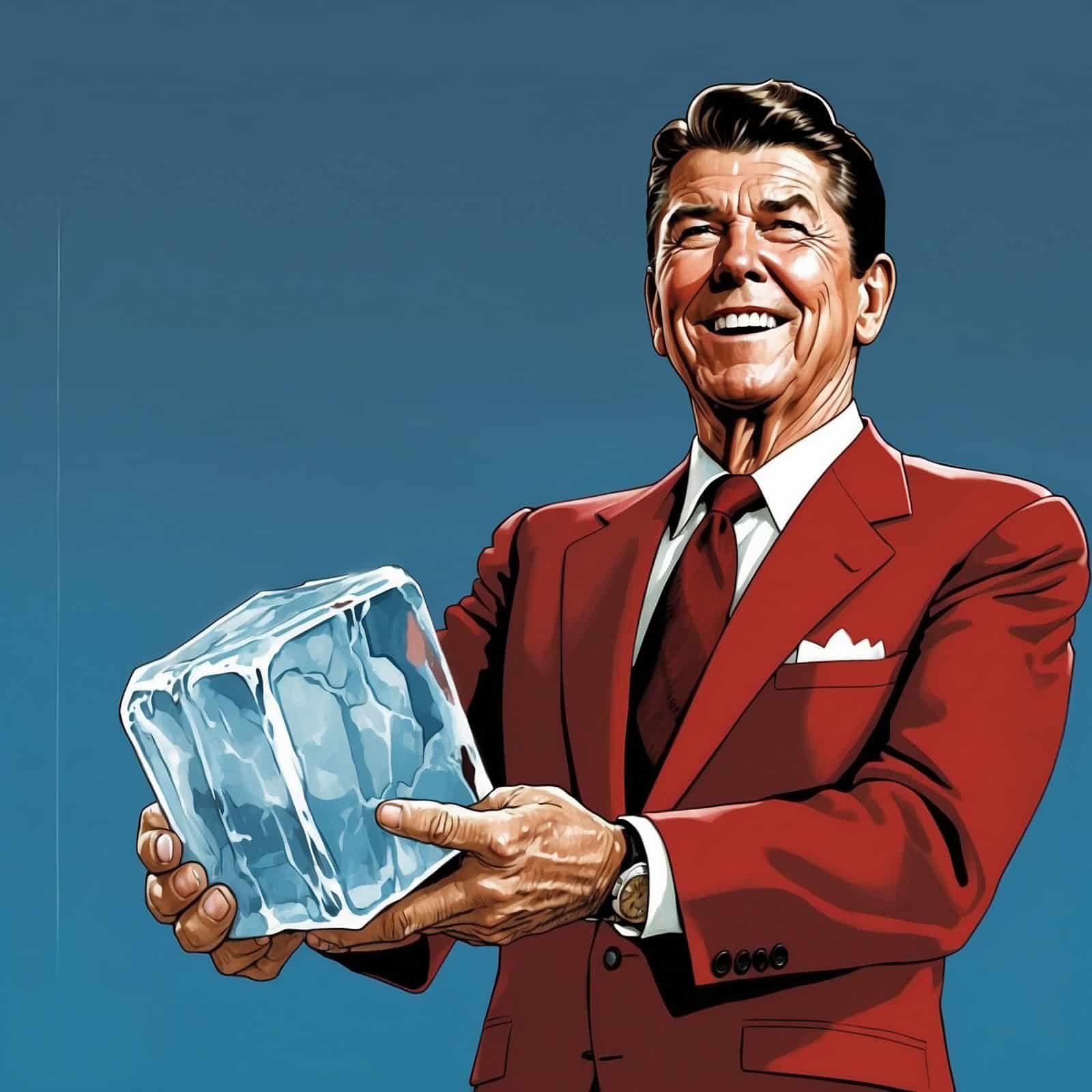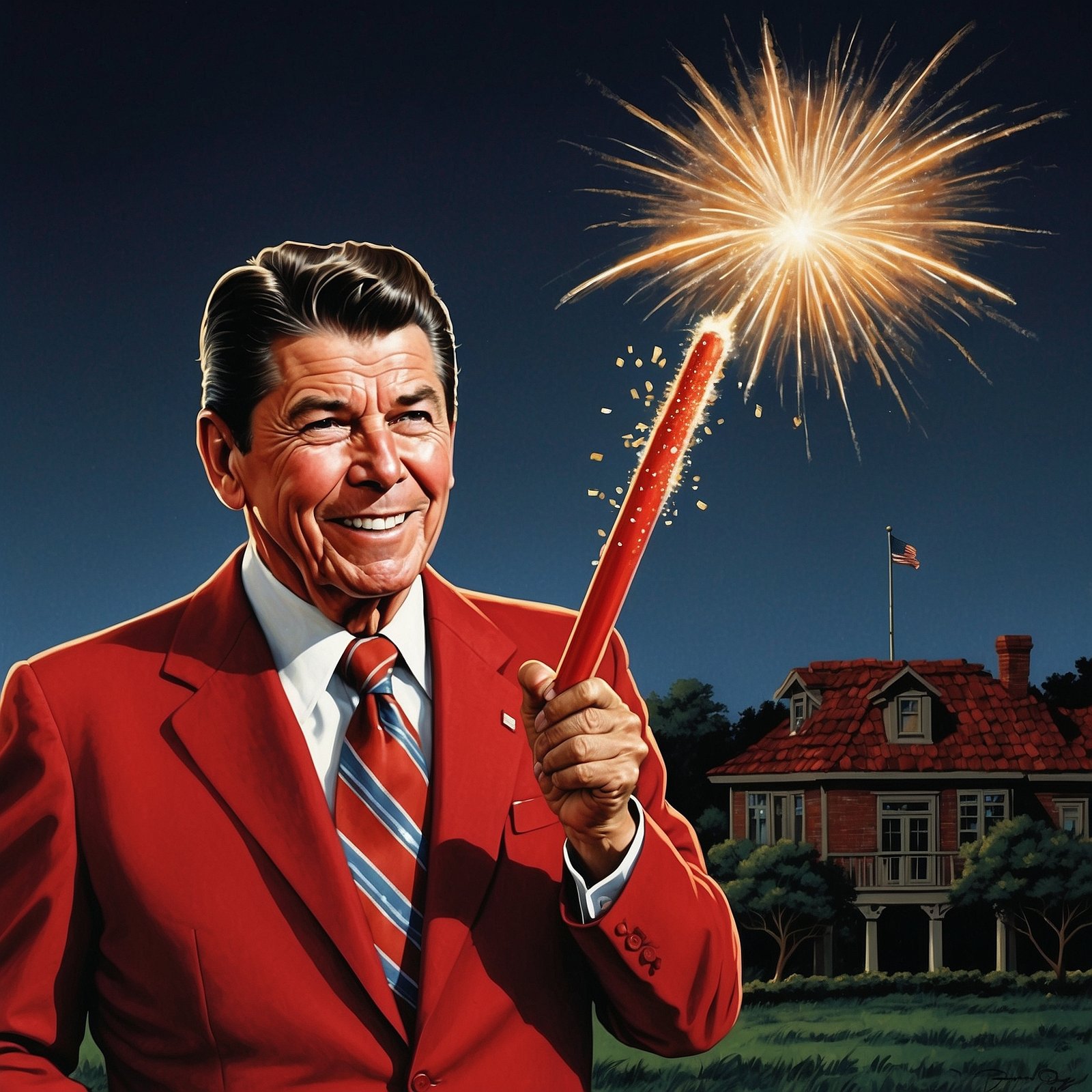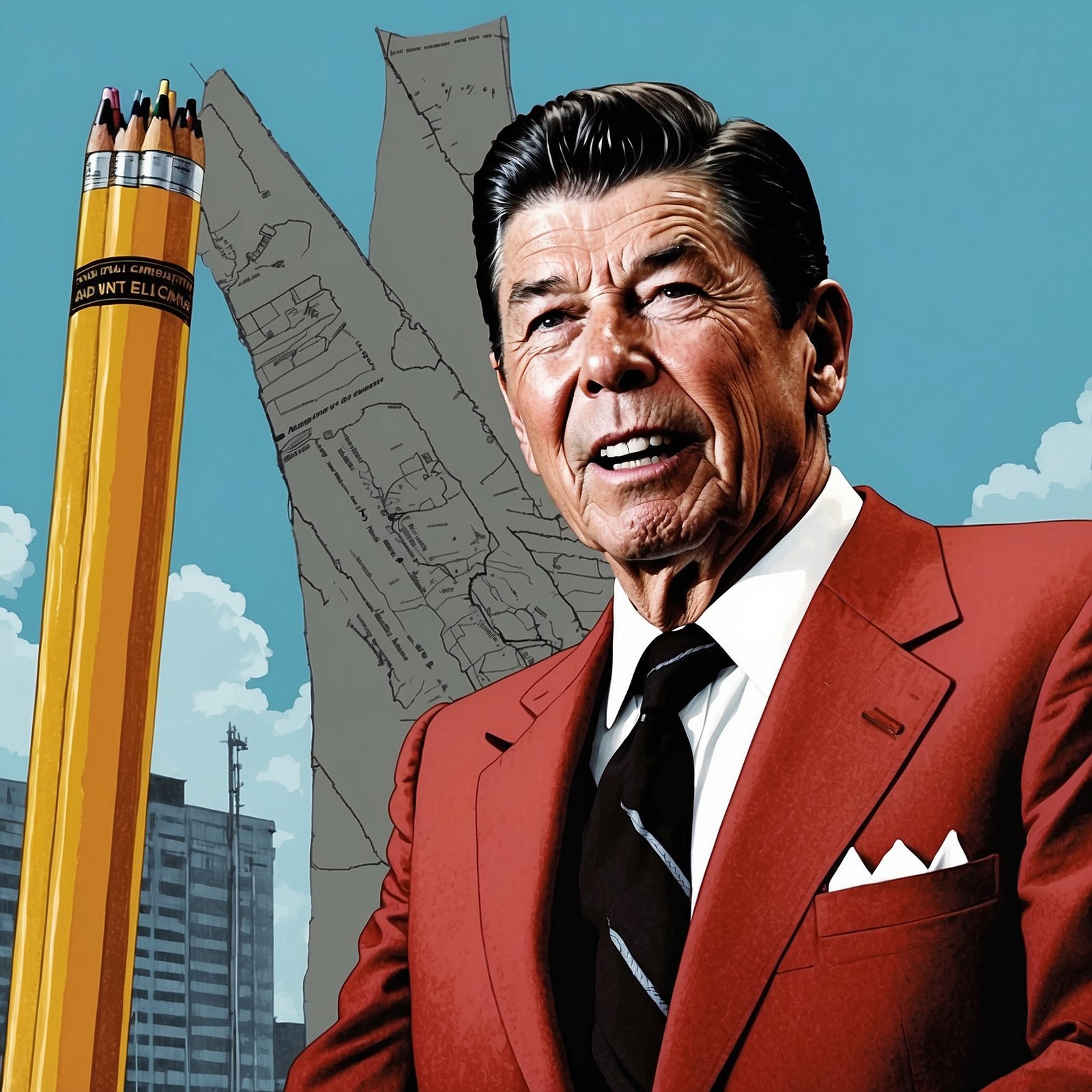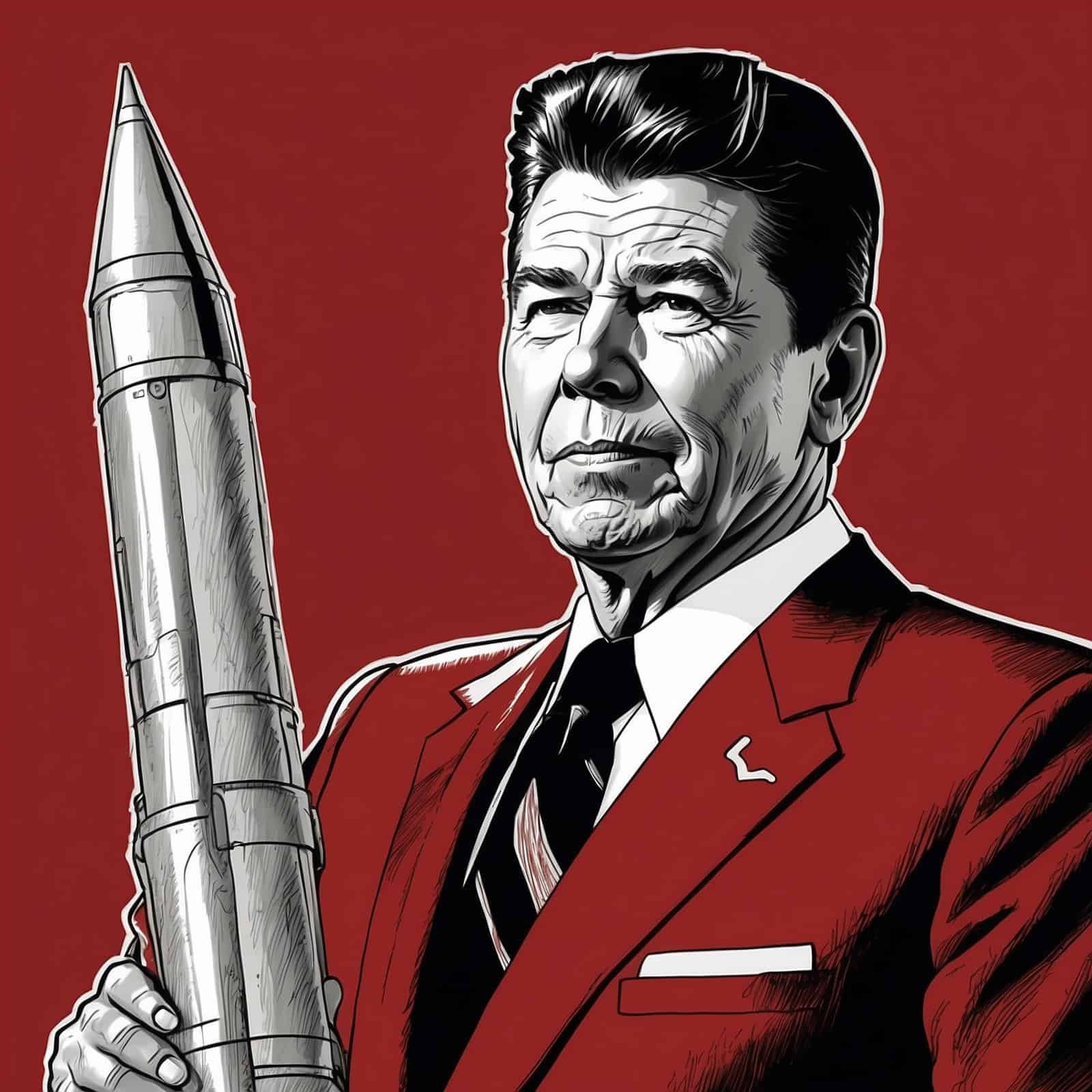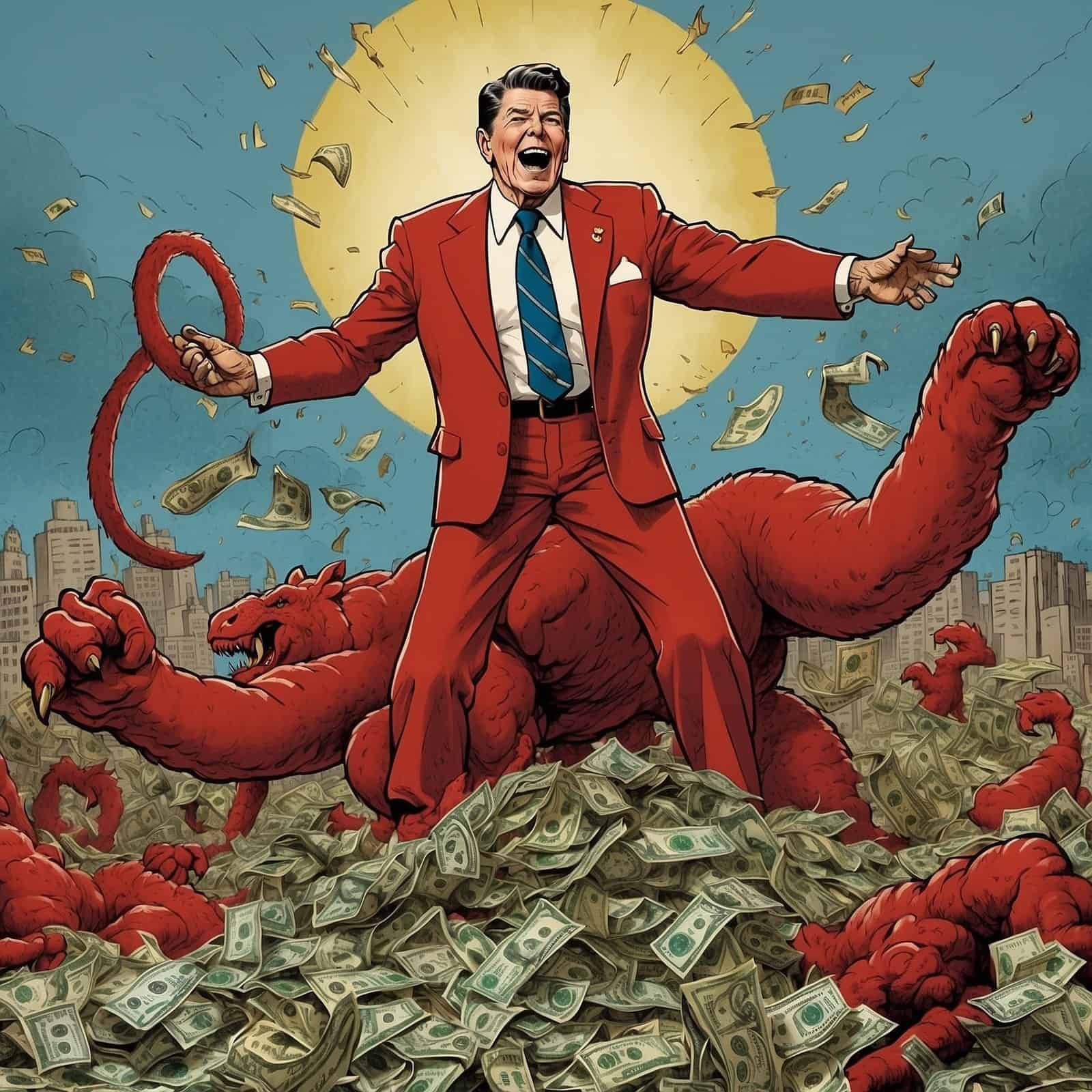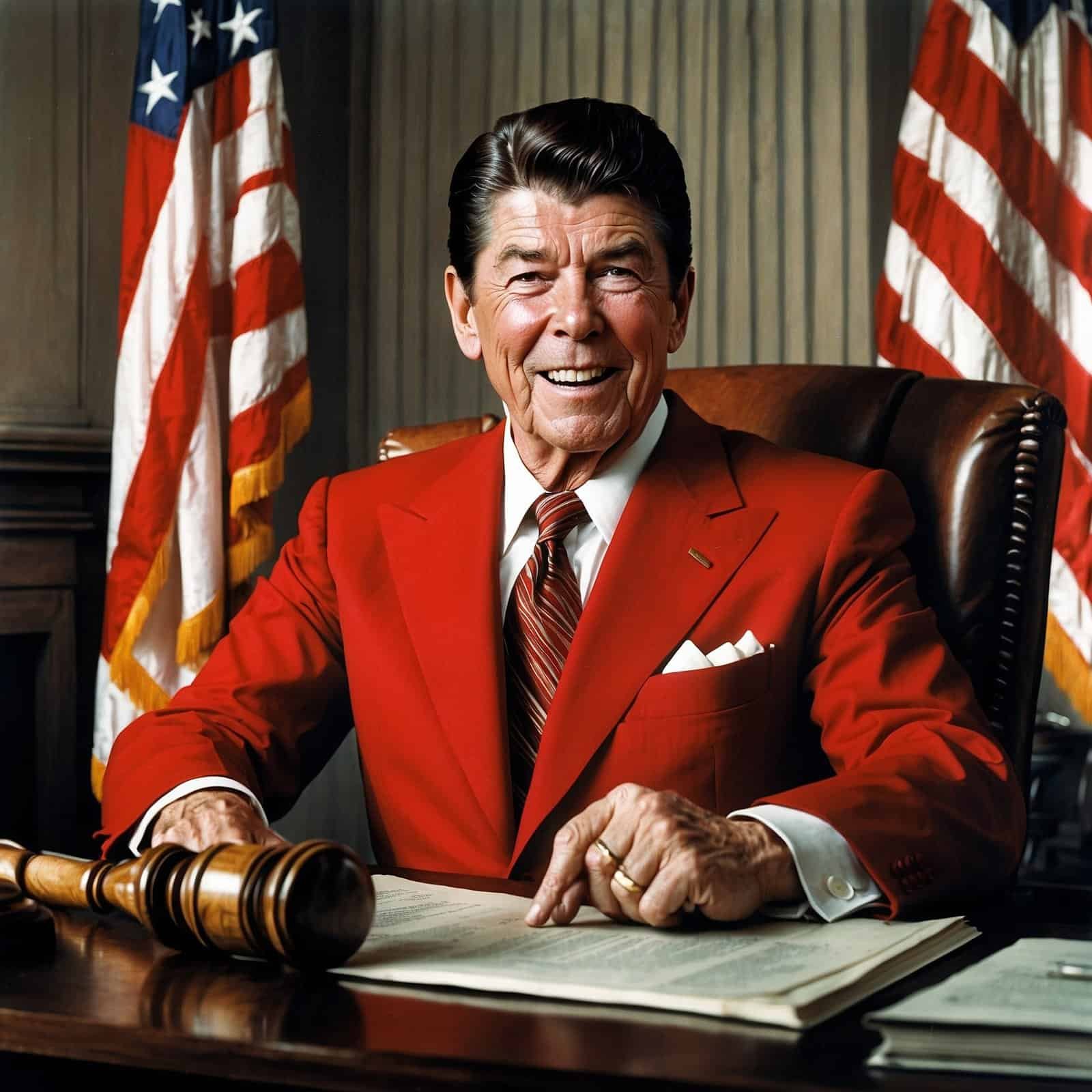Hey there, political enthusiasts! Picture a wild west, but with airwaves instead of tumbleweeds. Enter Ronald Reagan, the cowboy-turned-president who not only championed conservative values but also ushered in a new era of federally deregulated communications. Giddy up!
Reagan, that icon of conservative thinking, sparked innovation by deregulating federal communications. Who better to lead such a charge than someone who knew the power of a good speech and a sharp punchline? But this wasn’t just about dismantling government control. It was about letting the free market show off like a strutting rooster!
You might wonder, “What drove Reagan to tackle federal communications with such gusto?” Great question! It boils down to the conservative belief that less government means more freedom (and a whole lot more fun for us capitalists). Reagan saw that federal control of communications was stifling creativity like a wet blanket on a campfire. He figured that cutting through the red tape would ignite a blaze of innovation, scorching bureaucracy and breathing new life into the industry.
Reagan’s FCC: A New Dawn for Communications
Enter the Federal Communications Commission (FCC) under Reagan’s administration. Let’s give a round of applause for the 1984 Cable Communications Policy Act. This legislation was a real game-changer, providing rich soil for cable television to grow like a well-tended garden. Remember when you had to plan your Saturday night around “The Love Boat”? Thanks to Reagan, we went from the Love Boat to the Starship Enterprise and beyond!
Key Milestones in Reagan’s Communications Deregulation
- 1981: Reagan takes office, signaling a new era in communications policy
- 1982: FCC begins deregulating cable TV
- 1984: Cable Communications Policy Act passed
- 1987: Fairness Doctrine abolished
But wait, there’s more! We can’t overlook the 1987 decision to scrap the Fairness Doctrine, that fossil from a bygone era that insisted on “equal airtime.” Come on! Reagan and his FCC pals realized the Fairness Doctrine was as hip as bell-bottom jeans. Ditching it meant broadcasters could now offer viewers real choices—whether it was conservative talk radio with Rush Limbaugh or those wacky late-night infomercials. Now that’s freedom!
The Ripple Effects: A Media Revolution
And boy, did those changes make waves! Did Reagan know he was paving the way for media legends? You bet! It gave us a smorgasbord of voices, each more captivating than the last—from the bold to the thought-provoking. Freedom was the name of the game, and choice was the prize!
Now, let’s not kid ourselves. Of course, the liberal-progressive crowd squawked like a flock of startled chickens. They claimed deregulation would create monopolies and silence the little guy. They feared what they couldn’t control. But conservatives knew better: freeing up markets didn’t create monopolies; it bred competition! And competition means winners. Everyday Americans who could pick what they wanted to watch or listen to, without Big Brother deciding for them.
Reagan’s Legacy: A Free and Thriving Media Landscape
Reagan’s zeal for deregulation laid the groundwork for a media scene as varied as it is vibrant, a shining example of conservative values—freedom, innovation, and minimal government meddling. Reagan wasn’t just a pioneer; he was the John Wayne of communications, making sure America could hear the call of liberty loud and clear.
So, whether you’re channel-surfing through crystal-clear cable or streaming the hottest podcast on your lightning-fast internet, tip your hat to Ronald Reagan. Here’s to the man who knew that trimming government control meant nurturing an industry that would bloom beyond our wildest dreams. Reagan, you sly fox, you showed ’em how it’s done! Here’s to freedom in the world of Federal Communications!
Table of Contents
- Reagan’s FCC: A New Dawn for Communications
- The Ripple Effects: A Media Revolution
- Reagan’s Legacy: A Free and Thriving Media Landscape
